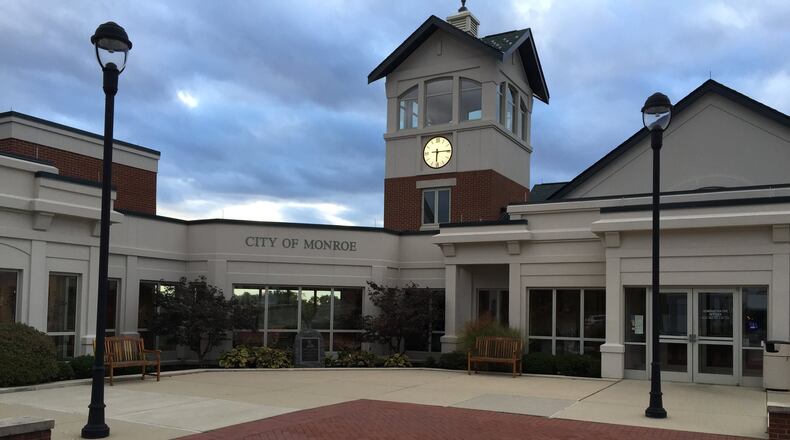Karen Ervin, city finance director, said the new policy would also add plans for building reserves in other major operating and capital funds of the city and would be implemented over the next five years. Ervin said the fund reserves would be reviewed annually during the standard budget process.
The priority of the reserve funds are the General Fund, Debt Service Fund, other perational funds and the Capital Improvement Fund.
In the case of a natural disaster, emergency, pandemic or an economic depression/recession, council may approve temporary reductions in the General Fund carryover balance.
Ervin recommended the following goals:
General Fund: Maintain a two-month minimum of cash reserve and three-month equivalent of income tax collection. She is proposing to build the fund reserve to 33% or a four-month equivalent of adopted annual appropriations, about $4.81 million. She is also proposing to build up the equivalent of income tax collections to 50% or six months of what is in the annual appropriation.
Police/Fire Levy Funds: Maintain a reserve of 25% or a minimum of a three-months of the annual appropriation or$1.88 million.
Capital Improvement Funds: Council should fully fund projects for the applicable budget year and maintain a reserve for new regulations and emergency projects.
Debt Funds: Should maintain a minimum reserve of 50% of debt service payments due within the next 12 months.
If reserves cannot be replenished within that budget year, the city must replenish the reserves within four consecutive years.
Ervin said depending on the amount of the drop of a fund balance reserve, strategies include reductions in expenditures and personnel, hiring freezes, wage freezes for nonunion employees, wage concession request for union employees, limiting capital purchases and use of contractual employees or consultants, and reducing appropriations, etc.
“The action plan makes a lot of sense,” said Vice Mayor Keith Funk.
About the Author
